We polled staff and contributors, and here are the fiction books they thought were best
D o books still matter in a year when everything seems to be falling apart? Well, Rebecca Makkai, author of The Great Believers, says yes. “I write best angry. Don’t you?” she wrote in an essay for Electric Literature. “I write best desperate, I write best heartbroken, I write best with my pulse throbbing in my neck.” Based on where her book ended up on this list, she knows what she’s talking about.
If you read best angry, this was a great year for it. If you don’t, well, make the most of your limited attention span by prioritizing the novels that Electric Lit staff and contributors voted for as the best of the year. (Read to the bottom for our top pick!)
Novels not your thing? Check out the short story collections and nonfiction books we voted for!
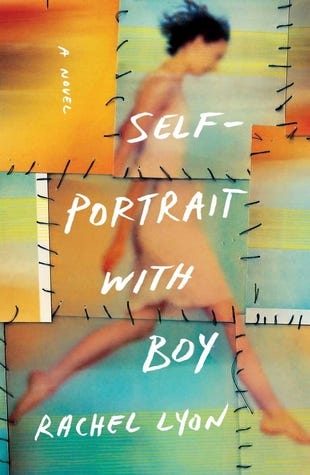
Self-Portrait with Boy by Rachel Lyon
In this powerful novel about the ethics of art, a photographer accidentally captures an image of a boy falling to his death. Read our interview with Rachel Lyon.
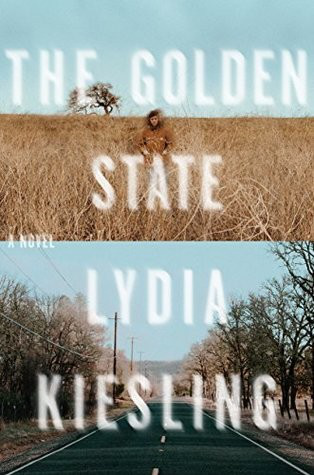
The Golden State by Lydia Kiesling
National Book Foundation 5 Under 35 honoree Kiesling’s timely novel centers on a young mother whose immigrant husband is prevented from reentering the U.S., and the group of California secessionists she encounters in his absence. Find out the five books by non-men Lydia Kiesling recommends.
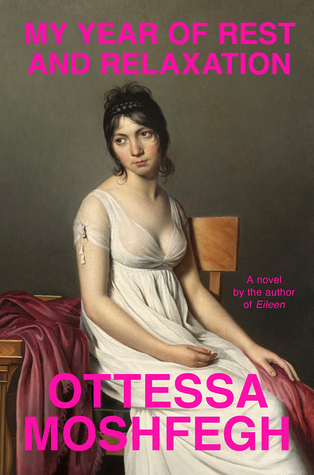
My Year of Rest and Relaxation by Ottessa Moshfegh
What if you could just sleep through everything unpleasant in your life? The narrator of Moshfegh’s novel resolves to try. Read our interview with Ottessa Moshfegh, and an essay about why My Year of Rest and Relaxation is a ’90s novel.
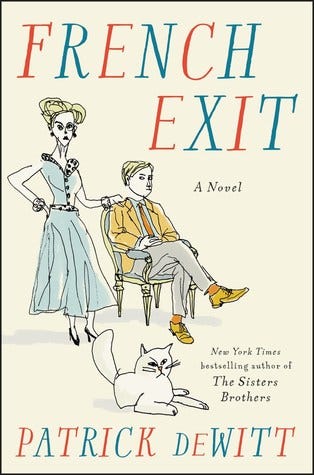
French Exit by Patrick deWitt
A sort of upper-class Confederacy of Dunces, French Exit is a satirical story of a wealthy mother and son with a Paris apartment, Arrested Development-level baggage, and a cat who’s harboring a secret. Read our interview with Patrick deWitt.
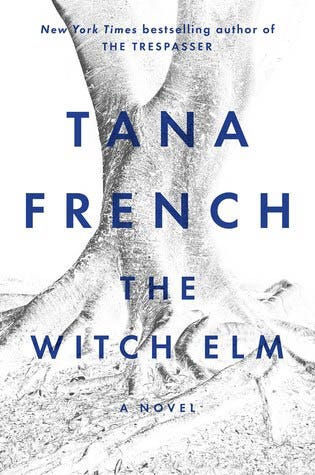
The Witch Elm by Tana French
French’s first book outside her Dublin Murder Squad series is about a young man with a traumatic brain injury, and what happens when a decades-old skeleton is discovered in a tree on his family property. We talked to French about how her novel explores white male privilege.
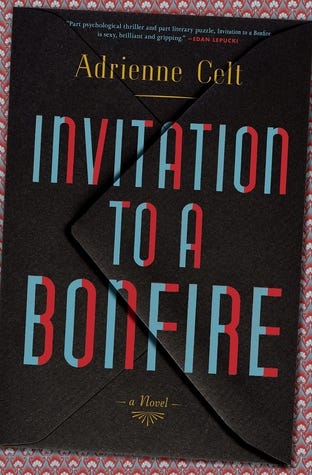
Invitation to a Bonfire by Adrienne Celt
This luminously-written book is inspired by Vladimir Nabokov’s relationship with his wife Vera, and his affair with a young woman who worked for them. Seamlessly Nabokovian letters from the Nabokov analogue are a high point. Read an essay about Nabokov by Adrienne Celt.
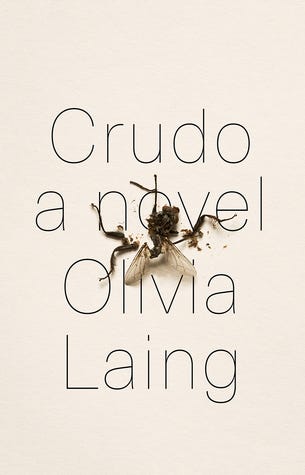
Crudo by Olivia Laing
A Kathy Acker-esque writer (also named Kathy) navigates the challenges of the modern era: social media, fascism, global warming, and wedding planning. Read an essay about why Crudo is more effective than Jonathan Franzen’s The End of the End of the Earth.
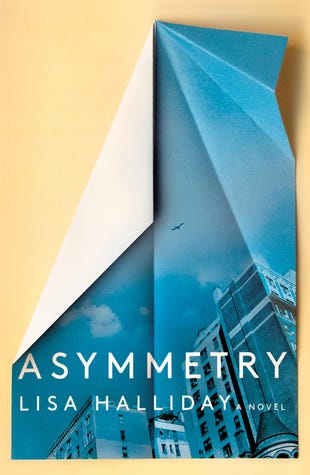
Asymmetry by Lisa Halliday
Halliday illuminates the way power operates in our lives with two deftly-handled narratives: one about a young editor’s romance with a famous older writer, and one about an Iraqi American man detained by immigration officials in the U.K.
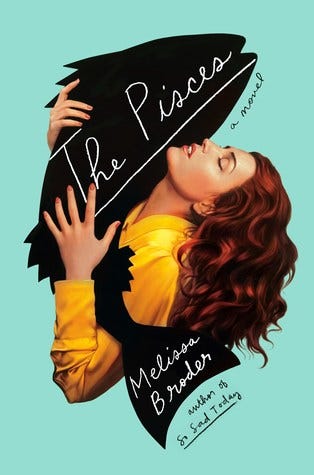
The Pisces by Melissa Broder
This is the one about the woman boning down with a merman. Read our interview with Melissa Broder, or an essay about why women in pop culture are suddenly having so much sex with fish.
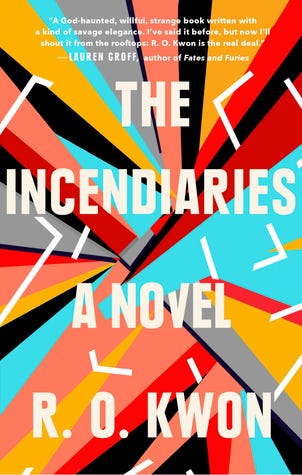
The Incendiaries by R.O. Kwon
Kwon’s debut novel, about a college-age couple and a cult, illuminates the twin passions of young love and religious zealotry. Read our interview with R.O. Kwon about writing and faith.
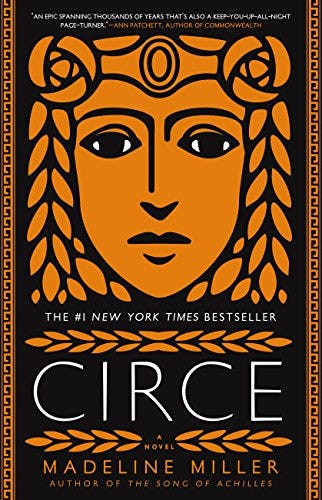
Circe by Madeline Miller
Nobody updates Classical literature like Madeline Miller, and her reimagining of the Odyssey from the perspective of demigoddess Circe is riveting, devastating, and—for a book about ancient Greece—surprisingly timely. Read an essay about how Circe seizes the power of storytelling.
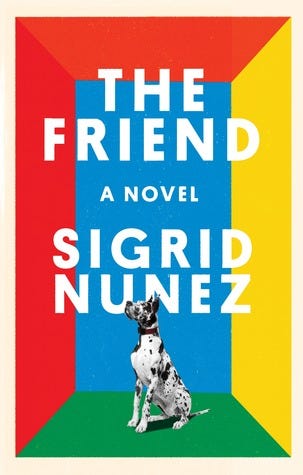
The Friend by Sigrid Nunez
The winner of this year’s National Book Award, Nunez’s poignant novel is about the love between a sad writer and a sad giant dog.
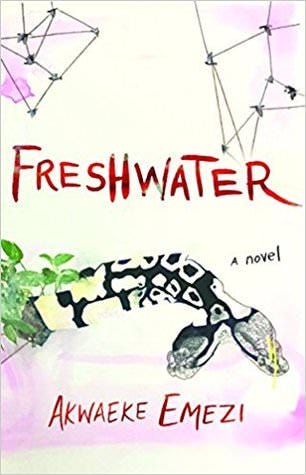
Freshwater by Akwaeke Emezi
5 Under 35 honoree Emezi’s debut novel focuses on Ada, a troubled young Nigerian woman inhabited by Igbo gods. Read our interview with Akwaeke Emezi.
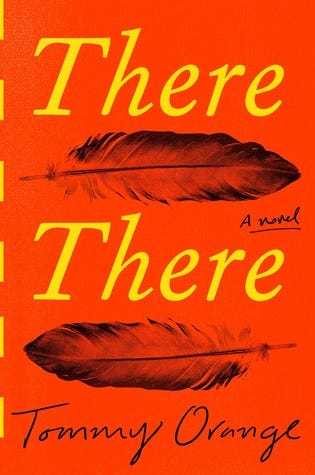
There There by Tommy Orange
The multiple viewpoint characters of There There, coming together for a powwow in Oakland, California, represent a wide range of ways to be a Native—not to mention ways to be a human. Read an interview with Tommy Orange about being a voice for urban Native Americans.
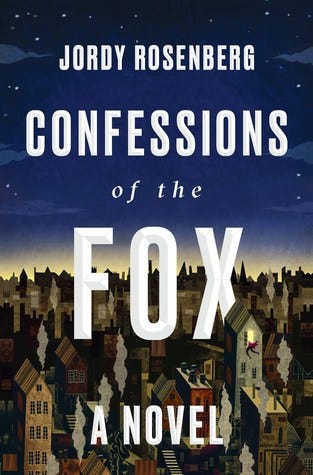
Confessions of the Fox by Jordy Rosenberg
Eighteenth-century thief Jack Sheppard, the man at the center of Rosenberg’s novel, was a real person—but Rosenberg gives him an imagined backstory that invests him with new depth, sexiness, and intellect. Read an interview with Jordy Rosenberg about writing new trans narratives.
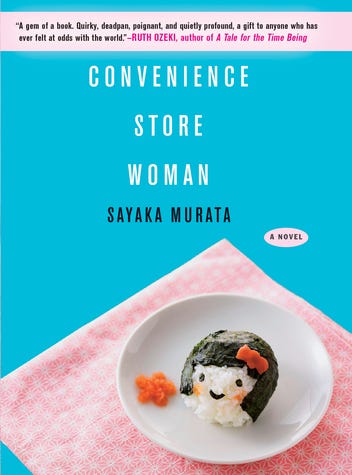
Convenience Store Woman by Sayaka Murata
This odd, spare, charming novella is narrated by a woman who feels more connected to the convenience store where she works than to most other people. Read an interview with the translator of Convenience Store Woman.
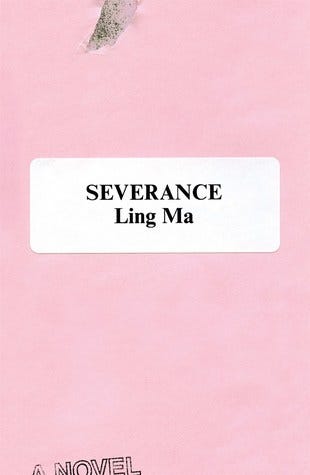
Severance by Ling Ma
A pandemic has hit, and everyone’s evacuated New York except Candace Chen, a twentysomething working for an exploitative publishing firm. This sharp, funny post-apocalypse is a Millennial Station Eleven with capitalism in its crosshairs. Read our interview with Ling Ma.
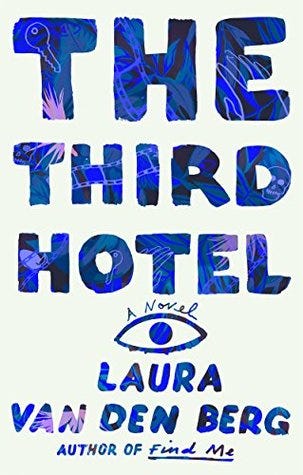
The Third Hotel by Laura van den Berg
This surreal, atmospheric ghost story immerses the reader in its settings, both physical (Havana) and emotional (grief). Read an interview with Laura van den Berg.
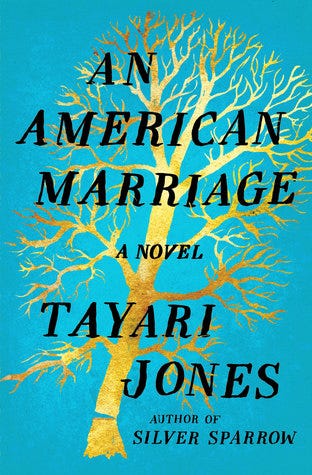
An American Marriage by Tayari Jones
What happens to a marriage interrupted by injustice? When Roy is sent to prison for a crime he didn’t commit, it upends his relationship with Celestial—and when his conviction is overturned, it throws them into chaos again. Read an interview with Tayari Jones, and find out which five books by women she recommends.
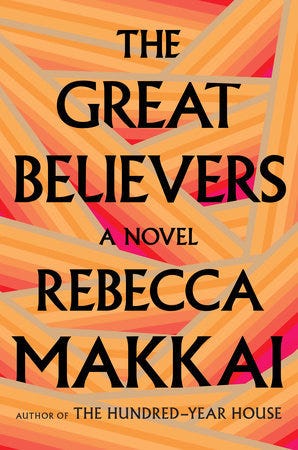
The Great Believers by Rebecca Makkai
Makkai brings the emotional devastation and long-lasting effects of the 1980s AIDS crisis into heartbreaking focus in a novel that follows two friends over 30 years. If you cry at the end (you will), don’t worry: in our interview with Makkai, the author says she cried too.


Electric Lit’s 20 Best Novels of 2018 was originally published in Electric Literature on Medium, where people are continuing the conversation by highlighting and responding to this story.















